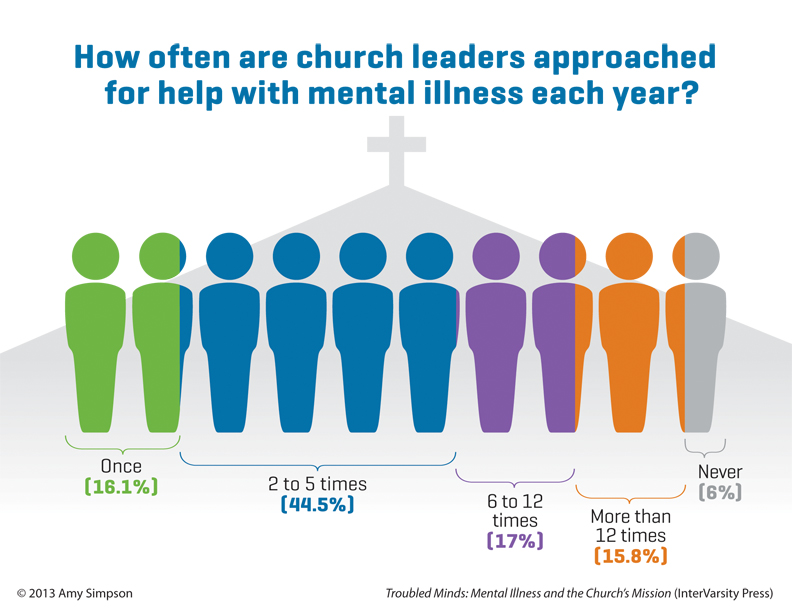Discover The Interesting Development Of Catholic Colleges And Their Profound Influence On Education And Learning-- Could Their Practices Hold The Crucial To Future Discovering?
Discover The Interesting Development Of Catholic Colleges And Their Profound Influence On Education And Learning-- Could Their Practices Hold The Crucial To Future Discovering?
Blog Article
Web Content By-McPherson Bateman
When you think about the background of education and learning, Catholic institutions stick out for their ingrained practices and lasting influence. These institutions began as a means to instill faith and worths, yet they've adapted extremely over centuries. Today, they play a critical duty fit not just scholastic success yet likewise moral integrity. What's fascinating is just how they've handled to thrive in the middle of changing social landscapes, questioning regarding their future relevance and influence.
The Origins of Catholic Education: A Historical Point of view
Catholic education traces its origins back over 1,500 years, when very early Christian areas acknowledged the demand for structured knowing. You'll find that these neighborhoods aimed to pass on their belief and worths through education.
Monasteries and cathedral schools ended up being facilities of discovering, supporting both spiritual and intellectual growth. As you delve deeper, you'll see that the educational program often included ideology, faith, and the liberal arts, made to create versatile individuals.
With Prep schools Near Me Grand Traverse County , the Church developed a lot more formal establishments, ensuring that education and learning remained obtainable to all. The dedication to training moral worths and cultivating a sense of neighborhood has actually persisted via the centuries, forming the educational landscape and affecting many lives worldwide.
This enduring tradition remains to inspire Catholic education and learning today.
The Evolution of Catholic Institutions Via Social Contexts
As societies advanced, so did the role of Catholic colleges, adapting to the cultural contexts in which they existed. In the very early years, these organizations focused primarily on spiritual direction, but as communities diversified, they began to include local languages, customs, and educational demands.
You would certainly observe that Catholic institutions typically became centers for social cohesion, cultivating a feeling of belonging among pupils from numerous histories. In many regions, they dealt with societal issues, such as destitution and discrimination, by providing obtainable education for all.
As you discover various cultures, you'll see how Catholic colleges have moved their educational program and mentor approaches, reflecting the worths and challenges of their atmospheres while remaining true to their foundational goal of belief and academic quality.
The Modern Function and Influence of Catholic Schools in Society
In today's world, Catholic colleges play a vital duty in shaping not simply the academic landscape, however additionally the broader neighborhood.
You'll find that these establishments highlight values like respect, compassion, and social justice, cultivating all-around individuals who add favorably to culture. By concentrating on scholastic quality and moral development, Catholic institutions prepare trainees for future difficulties, nurturing vital thinking and leadership abilities.
They typically serve varied populations, connecting gaps in access to high quality education. In https://www.npr.org/2020/04/01/825486336/heres-how-to-pick-a-college-during-coronavirus , you might observe their dedication to solution, urging students to take part in community outreach and volunteer job.
This mix of education and moral support makes Catholic colleges a considerable force, cultivating accountable citizens who can affect their neighborhoods right.
Verdict
Finally, Catholic institutions have a rich history that's formed their enduring effect on culture. You have actually seen exactly how they've adjusted to various social contexts while maintaining a dedication to faith, values, and academic excellence. Today, they continue to play a crucial role in cultivating neighborhood, advertising social justice, and nurturing accountable people. As you assess their legacy, it's clear that Catholic institutions continue to be an effective force for positive change on the planet.
